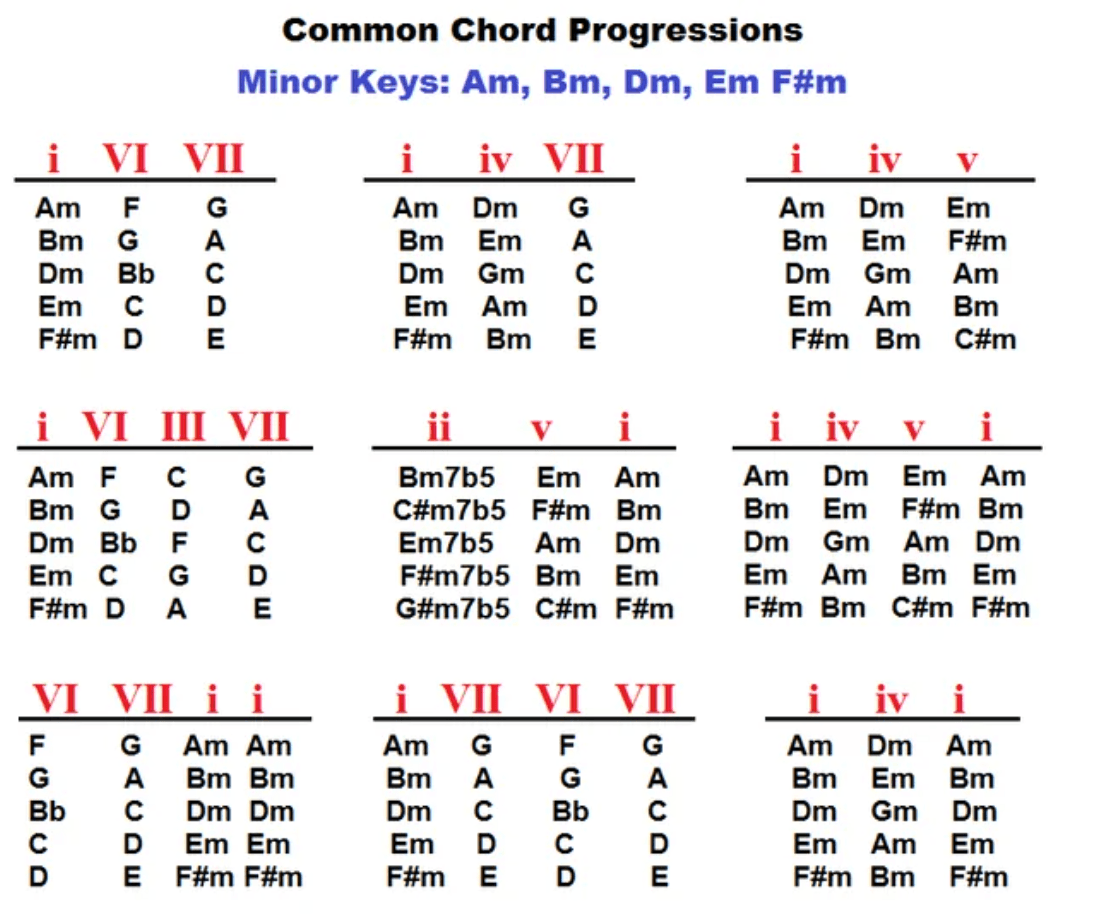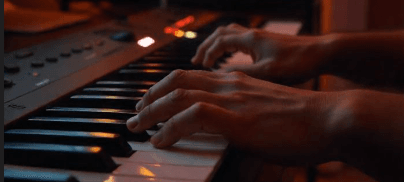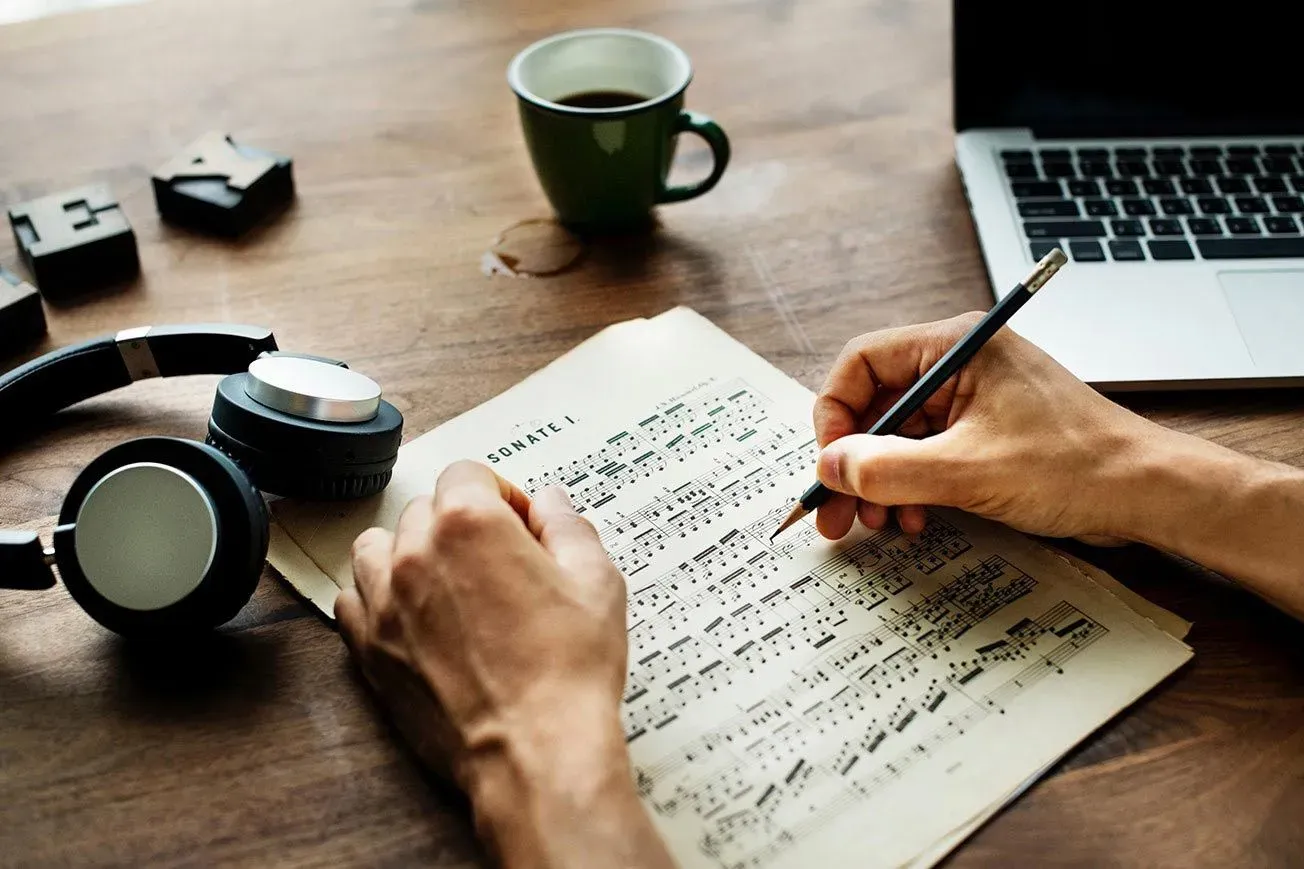From self-driving cars and medical diagnostics to content creation, AI is transforming multiple industries, including art and writing.
Now, AI is making waves in the music industry, offering AI music tools that aid, rather than replace, the human touch.
These tools are still in their novice phases but are improving steadily to assist musicians and producers in realizing their creative visions.
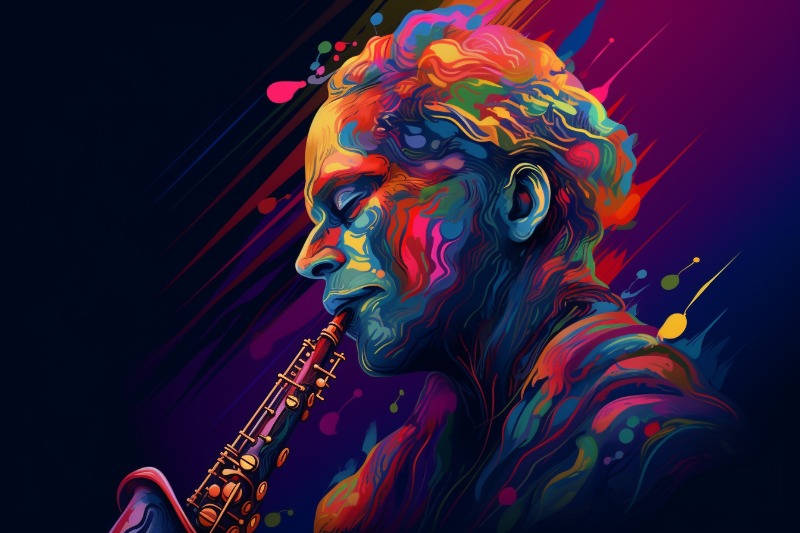
AI in Various Industries: A Comprehensive Exploration
From being a conceptual idea, Artificial Intelligence (AI) has matured into a practical technology that's transforming various industries.
Despite concerns about a machine-overrun future, it's essential to realize that current AI systems are built to enhance human endeavors, not to supplant them.
AI in Content Creation: The Writer's New Best Friend
In the realm of content creation, AI can auto-generate text, assist in keyword optimization, and even help produce video content.
While these AI tools may not replace human creativity, they significantly speed up the content creation process and enhance its quality.
AI in Art and Design: Unleashing Unseen Creativity
Imagine having a personal assistant that helps you pick the right colors, designs, and layouts for your artwork.
AI in art is turning this into a reality, offering tools that can mimic styles, suggest improvements, and even generate artwork.
Again, these tools are not intended to replace artists but to expand their creative possibilities.
AI in Music: A Harmonic Convergence of Man and Machine
In the realm of audio production, AI music tools are the latest disruptors.
These tools offer unprecedented aid in melody creation, lyric generation, and even in mastering tracks.
Artists and producers can use AI to experiment with sounds and structures that they might not have considered otherwise.
While these tools are still in their developmental stages, they are improving rapidly to cater to the nuanced requirements of musicians.
The Symbiosis Between AI and Human Ingenuity
The bottom line is that AI is not here to replace us but to work alongside us.
Whether it's generating a melody with Empress Suite of AI Music Tools or diagnosing a complex medical condition, AI aims to enhance human capabilities.
As these technologies keep progressing, they're bound to become an even more fundamental component of our daily routines.
What are AI Music Tools and How Do They Work?
When you hear the term AI music tools, you may conjure images of robots composing symphonies or algorithms churning out Top 40 hits.
Although the prospect is enticing, the actual situation is more complex.
AI music tools essentially fuse machine learning and artificial intelligence technologies to aid in the intricate task of creating music.
Algorithms: The Building Blocks of AI Music Tools
At the heart of every AI music tool lies a set of algorithms.
These are the step-by-step procedures or formulas that enable the software to carry out specific tasks, like generating a melody or suggesting a chord progression.
Algorithms analyze existing compositions, look for patterns, and utilize this knowledge to offer suggestions that are both technically sound and creatively stimulating.
Databases: The Library of Musical Choices
If algorithms are the brains, databases are the libraries that feed them.
An AI music tool needs a comprehensive database of musical elements to offer valuable inputs.
This could be anything from a collection of chord progressions used in classical music to popular bass lines in rock songs.
The richer the database, the more diverse and robust the suggestions an AI tool can make.
Machine Learning: The Evolutionary Ingredient
The role of Machine Learning (ML) cannot be overstated when discussing AI music tools.
ML enables these tools to learn from the data they process, improving their suggestions over time.
This is crucial for making the tools adaptable to evolving music styles and individual creator preferences.
Data Analysis: Making Sense of Musical Elements
What makes AI special in the realm of music production is its ability to analyze. AI doesn't just process raw data; it interprets and makes sense of it.
Whether it's analyzing the tempo, rhythm, or emotional undertones of a piece, AI tools can provide insights that might take a human creator much longer to conceive.
This level of analysis can be indispensable in turning an average composition into a masterpiece.
From Novice to Expert: The Growth Trajectory
It's essential to acknowledge that AI music tools are still in their infancy.
Though their skills are already remarkable and continually advancing, they have yet to achieve their full potential.
Encouragingly, these tools are rapidly evolving and are already starting to transform how we engage with music production.
The Creative Catalyst in Modern Music Production
So, AI music tools are not here to replace human creativity; they're here to amplify it.
They operate by leveraging algorithms, extensive databases, machine learning, and in-depth analyses to provide musicians with insights and suggestions that can transform their creative process.
By taking the grind out of the technical aspects, these tools free artists to focus on what really matters: creating music that resonates with human emotion and experience.
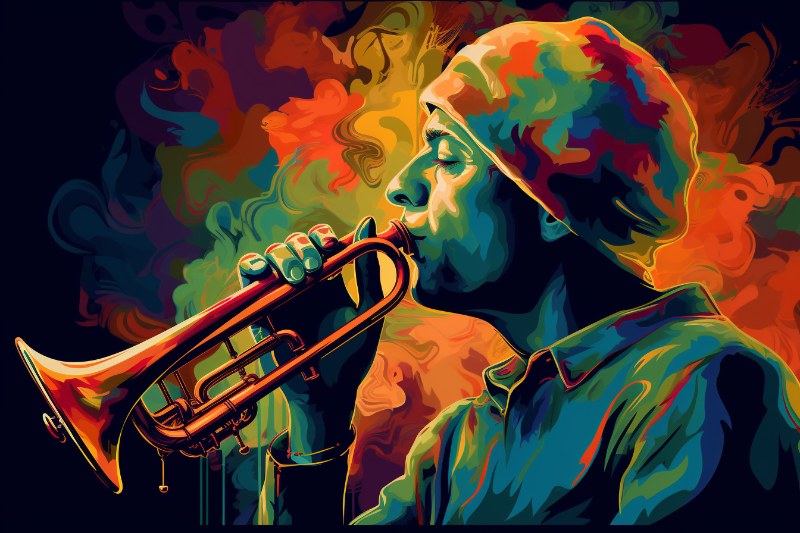
13 AI Music Tools in 2023 That You Should Know About
AI is revolutionizing the music industry, offering a range of tools designed to assist creators in their musical journey.
Below, I've curated a list of 13 groundbreaking AI music tools available in 2023 that you should definitely check out.
1. Empress Suite of AI Music Tools: A Comprehensive Package for Musicians
Empress Suite is a one-stop shop for all your musical needs, designed to enhance the creative process for musicians at all levels. It offers a range of AI-driven tools that can significantly simplify and streamline your song-making process:
-Melody Mind: Your Personal AI Melody Generator
Melody Mind helps with brainstorming the perfect tune by generating a variety of melodies based on your specified parameters like instrument, chords, genre, and bpm.
Whether you're working on a pop song or a jazz improvisation, Melody Mind offers options that align with your project's needs.
-Lyric Lab: The AI Lyrics Generator
Writing compelling lyrics can often be a challenging task.
Lyric Lab uses AI algorithms to craft lyrics that suit the tone and genre of your song, allowing you to focus on the musical elements.
Whether you're aiming for a love ballad or a high-energy rap, Lyric Lab ensures that your song's lyrics will have thematic depth and cohesion.
-Chord Candy: Sweeten Your Tracks
Chords form the backbone of any musical composition, and Chord Candy simplifies this crucial step.
Simply input the instrument, key, genre, and bpm, and the tool will generate a chord progression that fits seamlessly into your project.
Whether you're a beginner or a seasoned musician, Chord Candy can help you find the perfect chords to sweeten your track.
-Song Idea Generator: Fueling Your Imagination
Writer's block can be a severe impediment to creativity, but the Song Idea Generator is here to fuel your imagination.
By generating song ideas based on specific themes or emotions, this tool can help reignite your creative spark, offering a solid foundation upon which to build your next masterpiece.
-Bass Brain: The Ultimate Bass Line Generator
The bass line is the heartbeat of your song, and Bass Brain specializes in generating the most fitting bass lines for your compositions.
With various parameters for customization, such as tempo and genre, this tool ensures that your bass line integrates seamlessly with the rest of your track.
-Drums De Dior: Beats Tailored for You
A song without a solid drumline can fall flat, and Drums De Dior is designed to prevent that.
Just put in your genre and bpm, and this tool will generate drum beats that serve as the rhythmic backbone of your composition.
From complex polyrhythms to simple four-on-the-floor beats, Drums De Dior has you covered.
-Harmonious Hitmaker: Song Titles to Chart-toppers
The song title often sets the tone for what the audience can expect.
Harmonious Hitmaker takes this to the next level by adding layers of emotion and genre-specific elements, transforming generic song titles into potential chart-toppers.
With this tool, the title of your song won't just be an afterthought; it will be a focal point.
2. AIVA: The AI Creative Assistant
AIVA is not just a tool but a creative assistant that broadens your musical horizons.
This AI-powered engine can delve into multiple genres—from ambient rock to futuristic electronic pop. Its versatility makes it invaluable for a range of projects, whether you're scoring a film or creating the next big pop hit.
AIVA is a seamless blend of technology and creativity, offering composers an expansive musical palette.
3. Amper: The AI Music Composer
Amper is a streamlined AI music composer that simplifies the process of music creation.
With minimal input requirements, Amper music can generate original compositions while granting users royalty-free access and global perpetual licenses.
This platform demystifies the technical complexities of music production, making it accessible for anyone who wants to venture into the musical realm.
4. Ecrett Music: Royalty-Free Music Creator
Ecrett Music distinguishes itself by its user-friendliness and sheer volume of output.
It offers a plethora of patterned music tracks every month, which can be a treasure trove for creators on a deadline.
The platform makes the intimidating task of music creation as easy as a few clicks, allowing even the least experienced users to produce quality soundtracks.
5. Boomy: Generate and Share Your Unique Tracks
Boomy takes music creation to the next level by incorporating community and shareability.
Users can customize their tracks and share them across various platforms, essentially building a global community of like-minded artists.
This feature not only enriches the user experience but also offers a modern twist to the collaborative nature of music-making.
6. Musenet: The Deep Neural Network Music Generator
Musenet sets itself apart with its ability to create intricate compositions using up to 10 different instruments.
This deep neural network music generator offers a multi-layered auditory experience, allowing creators to explore complex arrangements without the need for a full orchestra.
Musenet exemplifies how AI can be a robust tool for enhancing musical creativity.
7. Soundraw: Your Custom Music Generator
Soundraw enables creators to craft unique, royalty-free tunes by manipulating multiple variables such as length, speed, and style.
Its versatile features offer extensive customization options, making it the preferred platform for those looking to add a personalized flair to their projects.
Soundraw combines the precision of AI with the creative freedom users crave.
8. Magenta: Machine Learning in Art and Music
Magenta offers an innovative way to engage with music and art through machine learning.
Based on neural network architecture, Magenta Studio provides a variety of plugins designed for creative endeavors.
These plugins leverage cutting-edge machine learning techniques, demonstrating how AI can not just mimic but actively participate in the creative process.
9. Jukedeck: Speed and Originality
Jukedeck, a British technology company, has made waves with its capacity to generate royalty-free music in seconds.
Its neural network architecture enables the platform to evolve continuously.
The more data fed into it, the better it becomes at producing music. It's a revolutionary tool that democratizes the process of music creation.
10. Mubert: Personalized AI Music Generation
Mubert delivers a unique, user-focused experience by generating personalized music.
Its standout feature, Mubert Render, allows content creators to match soundtracks precisely with their work's mood, duration, and tempo.
By doing so, it adds a dynamic layer of engagement to any content.
11. Jukebox: The OpenAI Marvel
Jukebox AI by OpenAI is trained on a substantial dataset that comprises various musical styles.
By understanding the nuanced relationships between notes, it can generate original compositions that echo familiar musical themes yet remain uniquely creative.
It's a tool that brings OpenAI's heavyweight reputation into the realm of music.
12. Melodrive: Real-Time Adaptive Music Generation
Melodrive pushes the boundaries by offering an AI system that composes an endless stream of emotionally variable music in real-time.
Whether you're a game developer or filmmaker, Melodrive's adaptive music generation ensures your auditory experiences are as dynamic as your visuals.
13. Orb: The Complete AI Music Production Suite
Orb producer suite offers a comprehensive toolset for music production, including plugins for chords, melody, bass, and arpeggio.
With state-of-the-art technology, Orb excels in creating loops and integrates seamlessly with Digital Audio Workstations (DAWs).
It's the one-stop-shop for anyone looking to sprinkle some AI magic into their music production journey.
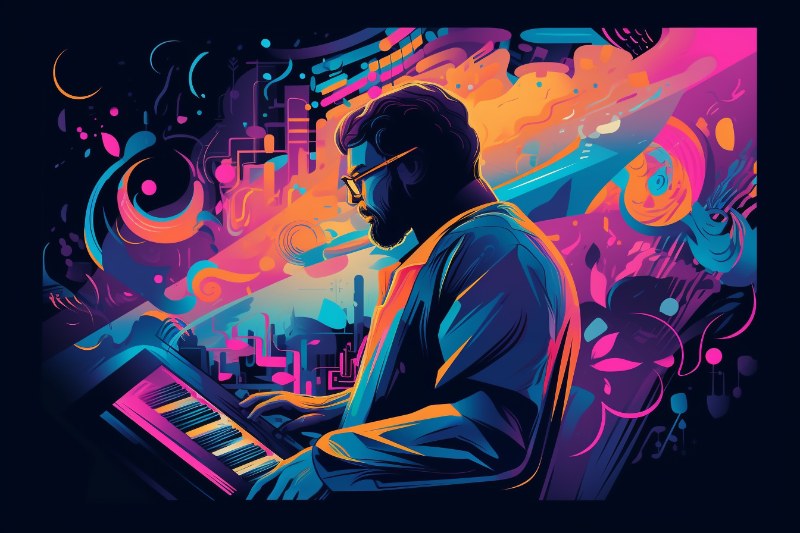
Why AI Tools Are Game-Changers But Not Game-Enders
The emergence of AI in the musical landscape has broadened opportunities for musicians, composers, and producers.
These advanced tools act as vital resources in multiple facets of musical production, from constructing tunes to developing drum sequences.
Yet, the essential point to remember is that while AI may revolutionize the process, it doesn't supplant human ingenuity; it amplifies it.
Amplifying Human Creativity
One of the most significant advantages of AI tools like Melody Mind or Chord Candy is that they serve to amplify human creativity.
These tools can generate numerous musical options based on a few input parameters, which can then be further refined by the musician. They function as a creative partner, not as a replacement for the artist.
Leveling the Playing Field: Accessibility and Affordability
For many independent musicians, having access to a full-fledged studio or a team of skilled producers is simply not feasible. AI music tools offer a solution that’s both affordable and accessible.
While they may not replace a masterful engineer, they do offer a level of sophistication that is a considerable step up from DIY options.
Speed and Efficiency: Time is Money
Time is a crucial resource in any creative endeavor, and this is where AI tools can be true game-changers.
Whether it's Lyric Lab helping to quickly generate a set of lyrics or AIVA creating a complete musical arrangement, these tools significantly cut down the time needed to go from idea to finished product.
Human Touch: The Irreplaceable Element
Despite the advancements in AI technology, there’s still an irreplaceable element that only humans can bring to the table: emotional nuance.
While AI can analyze patterns and generate options, it cannot fully grasp the emotional depth or cultural implications that a human composer or musician can inject into a piece of music.
Ethical and Professional Considerations
While AI tools offer convenience and automation, there's also a debate around the ethical implications of using them.
Concerns about intellectual property and the devaluation of human expertise are valid and must be taken into consideration as we further integrate AI into creative processes.
The Human Element in Music Production
In today's increasingly digital world, AI music tools have revolutionized the way we approach music production.
While these tools offer incredible capabilities, it's essential to remember that music creation is fundamentally a human endeavor.
No matter how sophisticated the algorithms become, there's a personal journey and story embedded in every piece of music that only a human can truly convey.
The Essence of Individuality
Each musician, composer, and producer infuses their work with a distinctive blend of personal experiences, emotions, and cultural backgrounds.
These elements are what set each musical composition apart and give it emotional depth.
Whether you're using Melody Mind to generate a tune or Lyric Lab for words, these tools can't capture the nuances of individual experiences.
The music-making process remains an inherently human task, driven by a desire for self-expression and emotional communication.
Emotional Intelligence and Nuance
AI might excel in pattern recognition and data analysis, but when it comes to emotional intelligence, humans reign supreme.
A musician knows when to introduce a minor chord to evoke a feeling of melancholy or when to speed up the tempo to create excitement.
Tools like LANDR can assist in the technical aspects of music production, but they can't replace the emotional nuance that a human being can bring to the table.
The Intangible 'X-Factor'
Often in music, it's the imperfections that make a song memorable or an artist iconic.
Whether it's the slight wavering of a vocal note or the subtle tempo variation of a drum pattern, these nuances add a layer of depth that AI tools can't replicate.
This intangible 'X-Factor' is what sets apart great musicians and immortalizes their work.
Collaboration: The Synergy of Man and Machine
While AI can serve as a highly effective tool for individual aspects of music production, the future likely lies in a synergistic relationship between humans and machines.
Artists can leverage AI to streamline the technicalities and monotonous tasks, allowing them to focus more on the creative and personal journey that defines their music.
The Moral and Ethical Dimension
Beyond the technical and emotional aspects, music production also has a moral and ethical dimension.
From the message conveyed through lyrics to the cultural impact of a melody, humans are responsible for the content they create. AI tools don't possess the moral compass to guide these choices; that remains solely in human hands.
Empress: Your AI-Powered Creative Companion
When it comes to AI music tools, don't just go for any; choose Empress. It's time to bring your music to life. Start your creative journey with Empress today!
FAQs: AI Music Tools
Q1: Is AI going to replace musicians?
No, AI is designed to assist, not replace.
Q2: How accurate are AI-generated music elements?
They are increasingly accurate but should be used as a base for human creativity.
Q3: Is AI-generated music royalty-free?
This varies by platform, but many offer royalty-free options.
Q4: How do I get started with Empress?
Visit our website and choose the tool that best suits your needs.
Q5: Can I customize the AI-generated music?
Absolutely, the AI provides a foundation that you can build upon.
Follow the future of music with Empress. Check out our blog to learn how you can effectively use these AI music tools.
